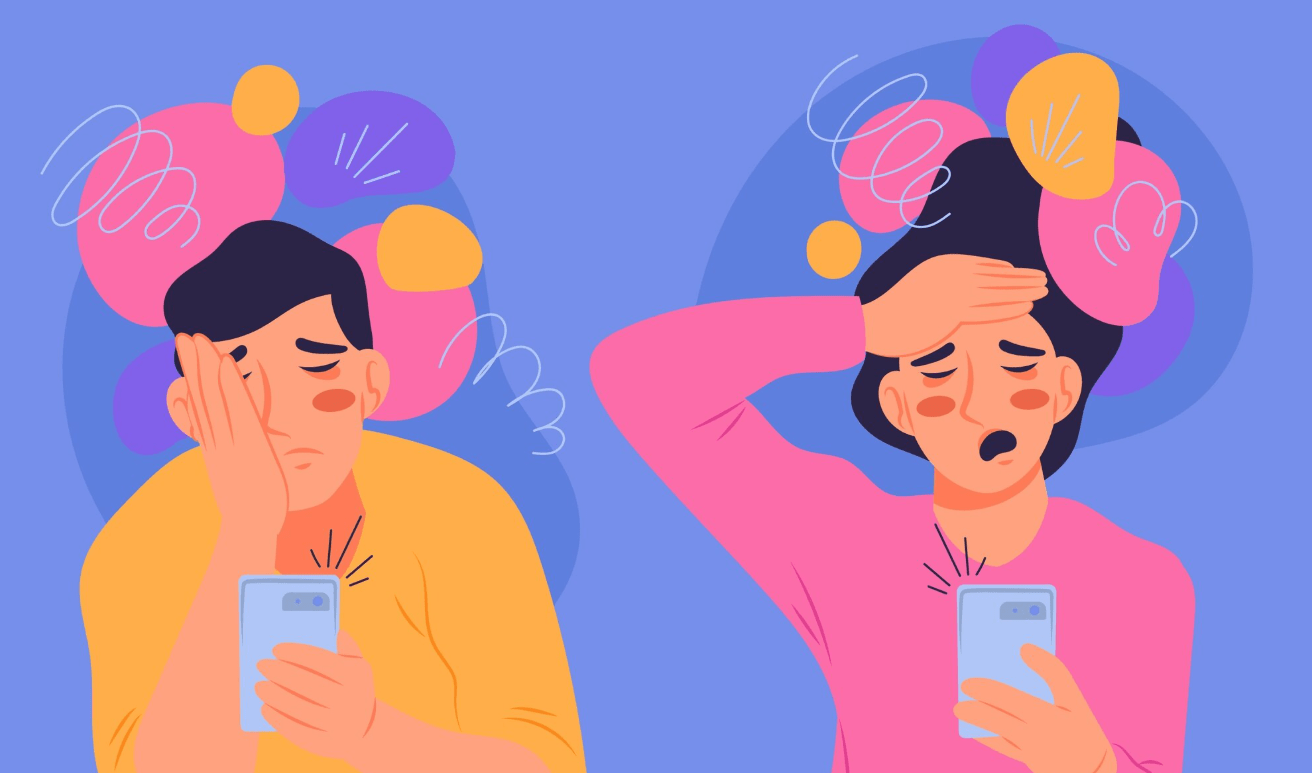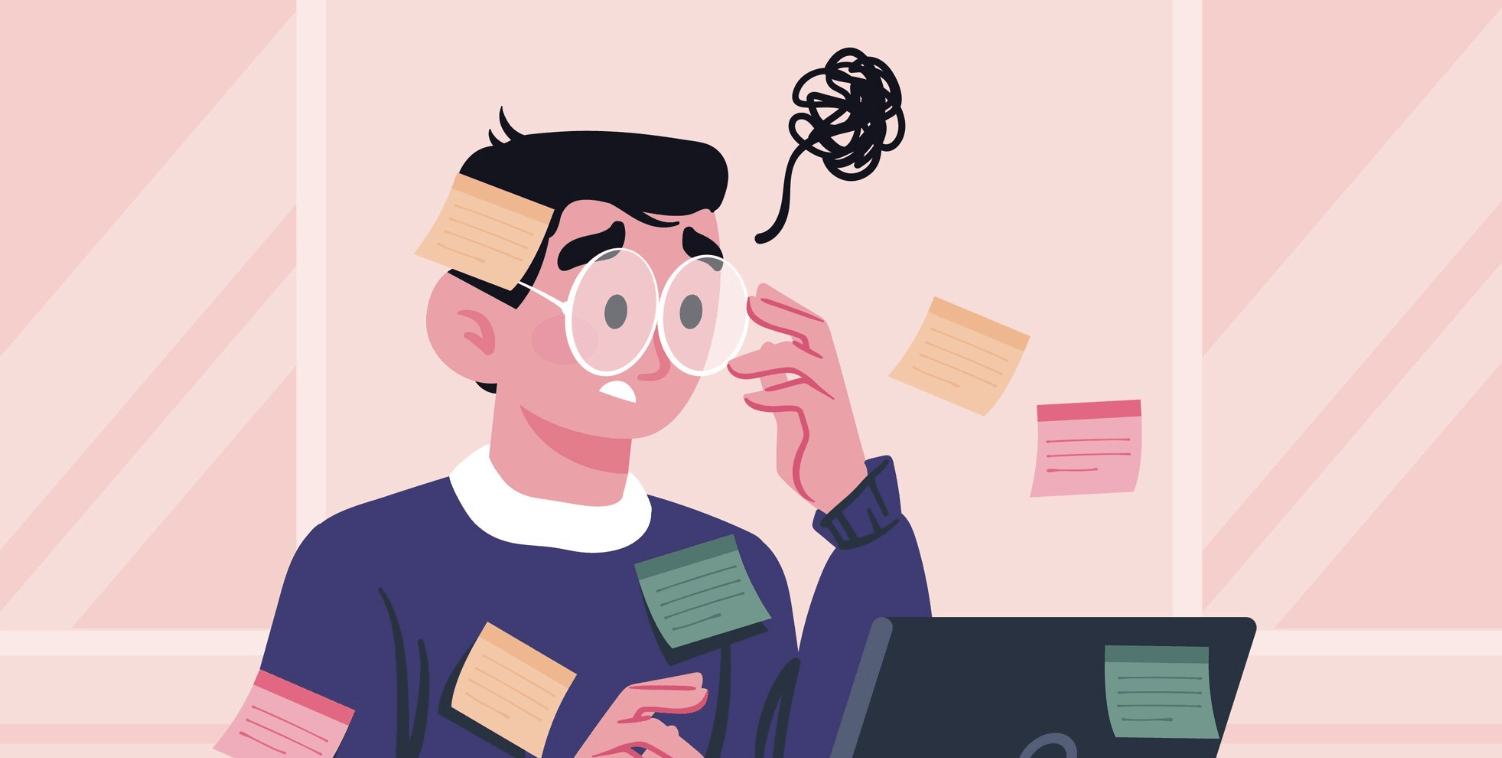Common Medical Causes of Brain Fog and How to Manage Them

Common Medical Causes of Brain Fog and How to Manage Them
Brain fog can feel like your thoughts are trapped in slow motion. You might forget simple things, lose track of time, or feel like your brain just isn’t firing the way it used to. While lifestyle factors like poor sleep or stress are common triggers, medical conditions can also play a big role in why your mind feels cloudy.
This article breaks down some of the most frequent medical causes of brain fog, explains how they affect your thinking, and gives you practical ways to manage them. We’ll also point you toward related resources like The Science Behind Brain Fog: Causes and Cognitive Effects and Brain Fog After COVID: What Science Says Helps Recovery for deeper context.
Understanding the Medical Side of Brain Fog
Before looking at specific conditions, it’s important to understand what’s happening in the brain. Brain fog is not a medical diagnosis but a symptom. It’s usually a sign that something is disrupting how the brain communicates, how it processes energy, or how well it gets oxygen and nutrients.
That disruption can come from hormones, inflammation, nutrient deficiencies, medications, or chronic illness. The goal is to identify the underlying cause rather than treating the fog itself.

1. Thyroid Disorders
The thyroid gland regulates metabolism, which affects every cell in your body, including those in your brain. When the thyroid is underactive (hypothyroidism), it slows down brain activity, leading to sluggish thoughts, forgetfulness, and fatigue.
Typical symptoms:
- Low energy even after sleeping
- Difficulty focusing or finding words
- Dry skin, hair loss, or unexplained weight gain
What to do: If you suspect thyroid issues, ask your doctor for a TSH, T3, and T4 blood test. Proper medication or supplementation can often restore normal thyroid function. Supporting your energy with a balanced diet and brain training activities like those in How to Rewire Your Brain After Chronic Brain Fog can also speed recovery.
2. Vitamin and Mineral Deficiencies
Your brain needs nutrients to perform well. When it doesn’t get enough, clarity and focus drop. The most common deficiencies linked to brain fog are:
| Deficiency | Effect on Brain | Sources |
|---|---|---|
| Vitamin B12 | Impaired memory and slow thinking | Fish, eggs, dairy, fortified grains |
| Iron | Low oxygen delivery, mental fatigue | Red meat, lentils, spinach |
| Magnesium | Poor stress tolerance and low energy | Nuts, seeds, leafy greens |
| Vitamin D | Mood swings and slower cognition | Sunlight, fortified milk, salmon |
What to do: Ask your doctor for a nutrient panel. Many people see noticeable improvements in focus and energy once deficiencies are corrected. To learn how nutrition and cognition work together, see The Connection Between Nutrition and Cognitive Fatigue.
3. Chronic Stress and Cortisol Imbalance
Stress changes how your brain operates. When cortisol, your main stress hormone, stays high for long periods, it interferes with memory formation, focus, and emotional regulation. Eventually, your brain enters a fatigue state where it struggles to keep up.
Signs of cortisol imbalance:
- Waking up tired even after a full night’s sleep
- Craving sugar or caffeine for energy
- Feeling anxious or irritable
Management tips:
- Use relaxation techniques like slow breathing or mindfulness.
- Get regular physical activity but avoid overtraining.
- Try short daily brain workouts such as Daily Brain Exercises That Improve Clarity and Recall to rebuild focus and balance stress hormones.
Chronic stress is also closely tied to Understanding the Link Between Stress and Brain Fog, which explores this topic in more depth.

4. Post-COVID Cognitive Changes
Many people experience brain fog after recovering from COVID-19. This often includes slower thinking, memory lapses, or trouble concentrating. Researchers believe it’s related to inflammation, disrupted oxygen flow, and nervous system stress during recovery.
Common symptoms include:
- Word-finding difficulty
- Trouble focusing on tasks
- Fatigue after light mental effort
What helps: Cognitive rehabilitation, gentle physical activity, and consistent brain training can help restore function. Apps like Moadly are particularly useful because they offer structured exercises designed for focus, recall, and attention. Read more in The Role of Brain Training in Post-COVID Cognitive Recovery.
5. Hormonal Imbalances
Hormonal changes during menopause, pregnancy, or adrenal fatigue can cause brain fog. Estrogen, progesterone, and testosterone all affect neurotransmitters that regulate focus and mood.
Management tips:
- Support hormone health through diet and sleep consistency.
- Avoid excess caffeine and alcohol.
- Talk to your healthcare provider about hormone testing or supplements.
Good rest is essential. Read The Role of Sleep in Preventing Brain Fog to understand how proper sleep keeps hormones in balance and your brain clear.
6. Medication Side Effects
Certain medications can cause brain fog as a side effect. These include antihistamines, antidepressants, pain medications, and drugs for blood pressure or anxiety. They may slow brain processing or affect neurotransmitter balance.
What to do: If you notice mental sluggishness after starting a new medication, discuss alternatives or dosage adjustments with your doctor. Never stop prescribed medication on your own.
7. Chronic Fatigue Syndrome and Fibromyalgia
People with chronic fatigue or fibromyalgia often experience intense brain fog known as “fibro fog.” This stems from a mix of sleep problems, nervous system overload, and low cellular energy production.
Helpful strategies:
- Prioritize gentle, restorative exercise like walking or stretching.
- Break tasks into smaller steps to reduce overwhelm.
- Use memory aids such as lists or reminders.
Combining these with short daily brain training sessions from Moadly can help improve focus and stamina over time.
8. Blood Sugar Imbalance
Low or high blood sugar can make your thinking foggy and inconsistent. When your brain doesn’t get a steady supply of glucose, it struggles to focus and process information.
What to do:
- Eat balanced meals with protein, fiber, and complex carbs.
- Avoid skipping meals or eating too much sugar at once.
- Stay hydrated and include magnesium-rich foods to support glucose control.
For a long-term plan to stabilize your mind and energy, check How to Create a Routine to Prevent Brain Fog.
9. Sleep Disorders
Lack of deep sleep directly affects concentration, mood, and decision-making. Conditions like sleep apnea, insomnia, or restless legs can make you feel exhausted no matter how long you sleep.
Symptoms:
- Morning headaches
- Daytime sleepiness
- Memory lapses or short attention span
Solutions: Establish a consistent sleep schedule, keep your room dark and cool, and avoid caffeine late in the day. For more insight, visit The Role of Sleep in Preventing Brain Fog.
10. Depression and Anxiety
Mental health conditions like anxiety and depression can slow cognitive processing and reduce motivation. Anxiety floods the brain with adrenaline, while depression lowers neurotransmitters like serotonin and dopamine. Both can make concentration and memory difficult.
Management ideas:
- Engage in regular physical activity to release endorphins.
- Use structured cognitive exercises like those in Moadly to keep the brain active.
- Seek therapy or counseling to address emotional contributors.
See The Relationship Between Anxiety and Mental Cloudiness for a full look at how emotions and cognition interact.
Putting It All Together
Brain fog often has more than one cause. A person might have nutrient deficiencies, hormonal changes, and stress all at once. Treating one area helps, but addressing them together creates real change. Here’s a quick summary:
| Cause | Primary Symptom | Best Strategy |
|---|---|---|
| Thyroid Disorders | Slow thinking, fatigue | Medical treatment and balanced diet |
| Nutrient Deficiency | Low focus and energy | Test and supplement as needed |
| Stress Hormones | Racing thoughts, poor recall | Relaxation and brain training |
| Sleep Problems | Morning fog, poor memory | Consistent sleep hygiene |
| Post-COVID Effects | Memory and attention issues | Gradual cognitive exercises |
| Blood Sugar Imbalance | Energy crashes | Steady meals and hydration |
How Moadly Helps
Moadly was built for situations like these. It offers cognitive exercises that strengthen focus, recall, and flexibility, which are often affected by medical conditions that cause brain fog. Whether you’re managing hormonal imbalance, recovering from illness, or simply trying to keep your mind clear, short daily sessions in Moadly can make a meaningful difference.
You can combine this kind of structured training with the advice in How to Rebuild Concentration After Brain Fog and Can Memory Games Really Improve Cognitive Function to create a powerful recovery routine.

Final Thoughts
Brain fog is your body’s way of asking for balance. Medical conditions can cloud your thinking, but with awareness, testing, and consistent brain support, clarity can return. The key is to identify the cause, support your body’s needs, and give your brain regular exercise through tools like Moadly.
If you’re unsure where to begin, start small. Focus on sleep, nutrition, and five minutes of daily brain training. Over time, your mental sharpness will return, not by accident, but through care, consistency, and a bit of curiosity about how your brain works.
